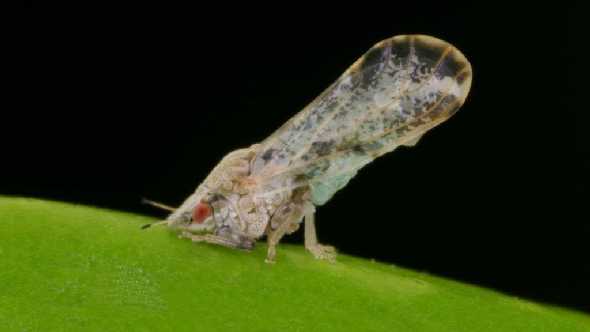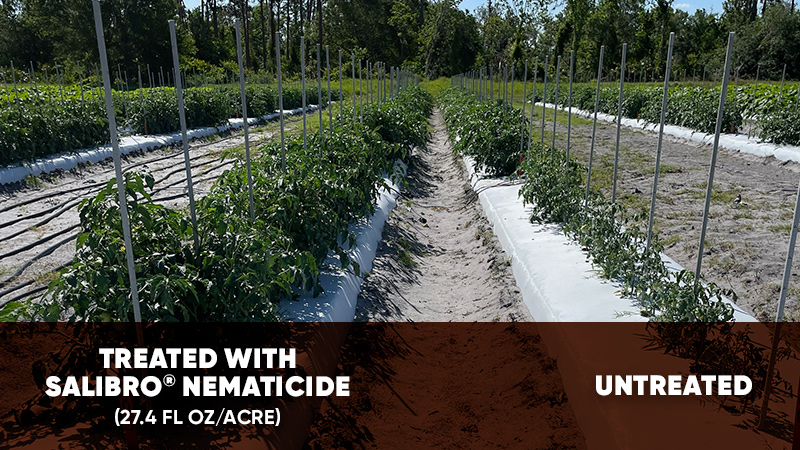Study: Citrus Greening Bacterium Gives Vector Unexpected Boost
A recent study by University of Florida researchers shows Asian citrus psyllids fly earlier, more frequently, and farther when they are infected with the citrus greening bacterium.

Photo by Michael Rogers
Kirsten Pelz-Stelinski and the team of researchers at the UF/IFAS Citrus Research and Education Center in Lake Alfred say these conclusions have global implications for how the disease spreads and strategies to control it.
“To our knowledge, this is the first description of direct changes to insect behavior caused by a bacterial pathogen in an insect-plant-pathogen system,” said Pelz-Stelinski. “These newly discovered behavior changes seem to increase dispersal of the insect – and thus the disease.”
Adult psyllids have a lifespan of about 40 days at 77°F, reaching sexual maturity and maximum flight capacity four days after emerging from their nymphal stage. Pelz-Stelinski and her team used psyllids ranging in age from five to 15 days after emergence for their experiments in a controlled, quarantined lab.
Pelz-Stelinski says male adults are more attracted to female psyllids when she is carrying the greening bacterium. But the females are more attracted to plant odors than to males and prefer uninfested new vegetation over infested vegetation because it is more nutritional. In addition, females are repelled by high densities of other psyllid females.
Click here to read the study in detail.









